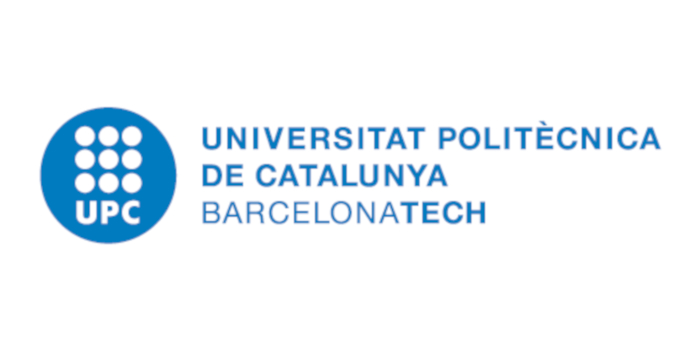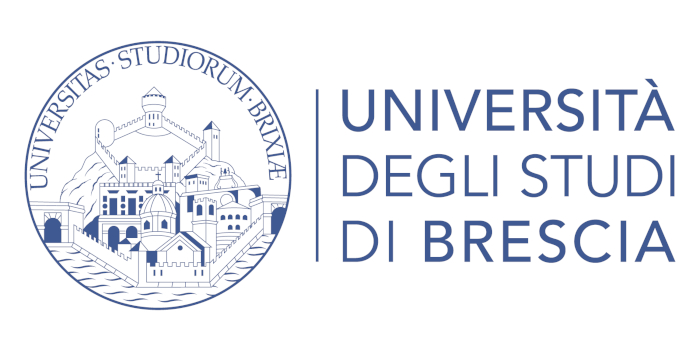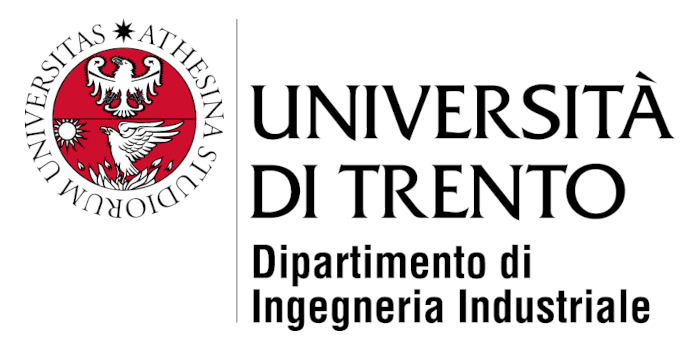TUTORIAL
Metrics for Human-Robot Collaboration (HRC) in Industry 4.0
Cecilio Angulo
Universitat Politècnica de Catalunya, Spain
Pere Ponsa
Universitat Politècnica de Catalunya, Spain
ABSTRACT
The rise of collaborative robots (cobots) in Industry 4.0 has transformed traditional manufacturing by enabling seamless interaction between humans and machines. However, integrating cobots into industrial settings presents new challenges in evaluating their effectiveness. Traditional productivity metrics like cycle time and defect rates must now expand to include usability, cognitive workload, interaction fluency, and operator well-being.
A critical aspect of this integration is usability assessment. This measurement goes beyond mere functionality—it measures effectiveness, efficiency, and user satisfaction. Developing tailored usability benchmarks for cobots is essential, as conventional human-computer interaction models may not fully capture the dynamics of physical and cognitive collaboration. Moreover, balancing the cognitive and physical workload between humans and robots is another key issue. Human operators excel in tasks requiring adaptability, fine motor skills, and decision-making, but their performance declines under excessive physical strain. Cobots, on the other hand, perform repetitive, high-precision tasks effortlessly but lack advanced cognitive abilities. This balance not only maintains productivity but also enhances job satisfaction, as workers experience reduced fatigue and greater engagement.
To fully realize the potential of human-robot collaboration, Industry 4.0 must adopt a holistic approach to performance measurement. Case studies in shared workspaces have begun to refine these metrics, offering structured methodologies, task-specific questionnaires, and performance analysis techniques to assess cobot usability in real-world scenarios. Future advancements will depend on standardized frameworks that integrate these dimensions, ensuring cobots enhance efficiency without sacrificing the human element that drives innovation.
SPEAKERS BIOGRAPHY
Cecilio Angulo
BSc/MSc in Mathematics from the University of Barcelona, Spain and PhD in Sciences from the Universitat Politècnica de Catalunya (UPC).
Full Professor of Artificial Intelligence and Robotics at UPC. Former Head Director of the Research Centre on Intelligent Data Science and Artificial Intelligence (IDEAI-UPC). Currently he is UPC AI Champion and President of the Catalan Association for Artificial Intelligence, a member of EurAI. He is also a member of the expert board for AI at Barcelona City Hall.
He has worked on theoretical aspects on machine learning, computer vision and robotics, as well as applications on recommender systems, cognitive robotics and assistive technologies. He has authored books in machine learning and robots, and published more than 350 papers in international and national journals and conferences. He has led and participated in 57 R&D competitive projects, 21 of them funded by the European Commission.
Pere Ponsa
Degree in Science (Physics) from the Universitat Autónoma de Barcelona UAB, Spain, PhD from the Universitat Politècnica de Catalunya UPC. Associate Professor in the Department of Automatic Control. He is member of the Smart Control Systems research group and member of the Association of Human-Computer Interaction (AIPO). He served as Conference Chair of Interacción'15 XVI International Conference on human-Computer Interaction (Vilanova i la Geltrú, Spain).
He has worked as a professor of industrial robotics at the UAB University and at several UPC University Schools (EPSEVG, ETSEIB, EEBE). He has worked on qualitative reasoning, human supervision, display design and human-automation interaction. He has authored chapter books in operational modes for industrial automation, human-robot collaboration and he has participated in the White Book on Robotics in Spain. He has published more than 130 scientific papers and international conference papers. He has participated in 14 R&D competitive projects and 12 teaching innovation projects (role playing, project-based learning).












